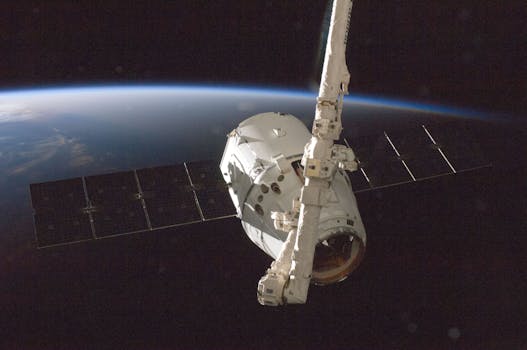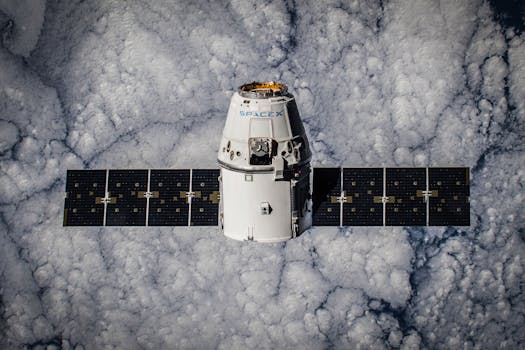
Future of Satellites: The Next Generation of Space Exploration and Communication
Future of satellites is an exciting and rapidly evolving field, with advances in technology and innovation driving the development of new satellite systems and applications. The future of satellites is expected to play a major role in shaping the world of tomorrow, from enabling global communication and navigation to facilitating space exploration and scientific research.
The use of satellites has become an integral part of modern life, with applications ranging from telecommunications and broadcasting to weather forecasting and Earth observation. As technology continues to advance, we can expect to see even more innovative uses for satellites, from providing internet access to remote and underserved communities to supporting the development of autonomous vehicles and smart cities.
Advances in Satellite Technology
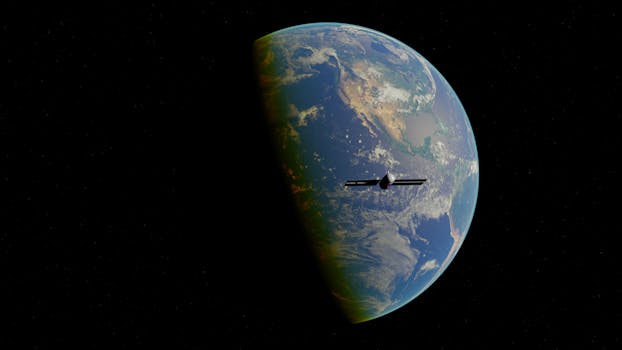
One of the key drivers of the future of satellites is the rapid advancement of satellite technology. New materials and manufacturing techniques are enabling the development of smaller, lighter, and more powerful satellites, which are capable of performing a wide range of tasks. The use of advanced propulsion systems, such as electric propulsion and advanced ion engines, is also allowing satellites to travel farther and faster, and to maintain their position in orbit for longer periods of time.
The development of new satellite constellations, such as OneWeb and Starlink, is also expected to play a major role in shaping the future of satellites. These constellations, which are composed of hundreds or even thousands of small satellites, are designed to provide global internet coverage and to support a wide range of applications, from telecommunications and navigation to Earth observation and scientific research.
Applications of Satellites
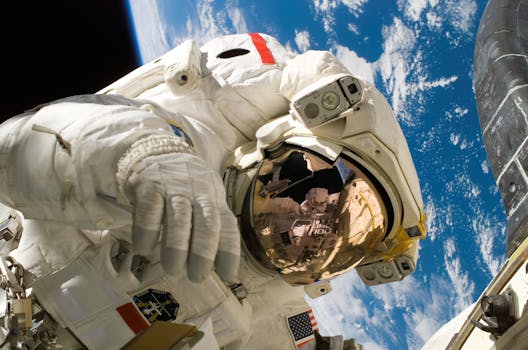
Satellites have a wide range of applications, from enabling global communication and navigation to facilitating space exploration and scientific research. One of the most significant applications of satellites is in the field of telecommunications, where they are used to provide internet access, telephone services, and television broadcasting to communities around the world.
Satellites are also used in the field of navigation, where they provide location information and timing signals to support the operation of GPS and other navigation systems. The use of satellites in Earth observation is also becoming increasingly important, as they provide valuable data on the Earth’s climate, weather patterns, and natural resources.
Challenges and Opportunities
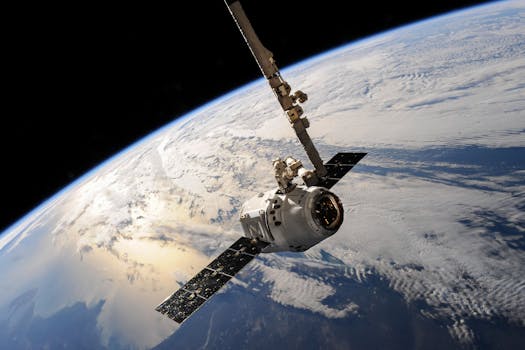
Despite the many advances in satellite technology and the wide range of applications, there are also several challenges and opportunities that must be addressed. One of the key challenges is the issue of space debris, which is becoming an increasingly significant problem as the number of satellites in orbit continues to grow.
The development of new regulations and standards for the operation of satellites is also becoming increasingly important, as the industry continues to evolve and mature. The use of satellites to support the development of autonomous vehicles and smart cities is also expected to play a major role in shaping the future of transportation and urban planning.
Future of satellites is Future of satellites, an exciting and rapidly evolving field, with advances in technology and innovation driving the development of new satellite systems and applications. The future of satellites is expected to play a major role in shaping the world of tomorrow, from enabling global communication and navigation to facilitating space exploration and scientific research.
See more:
